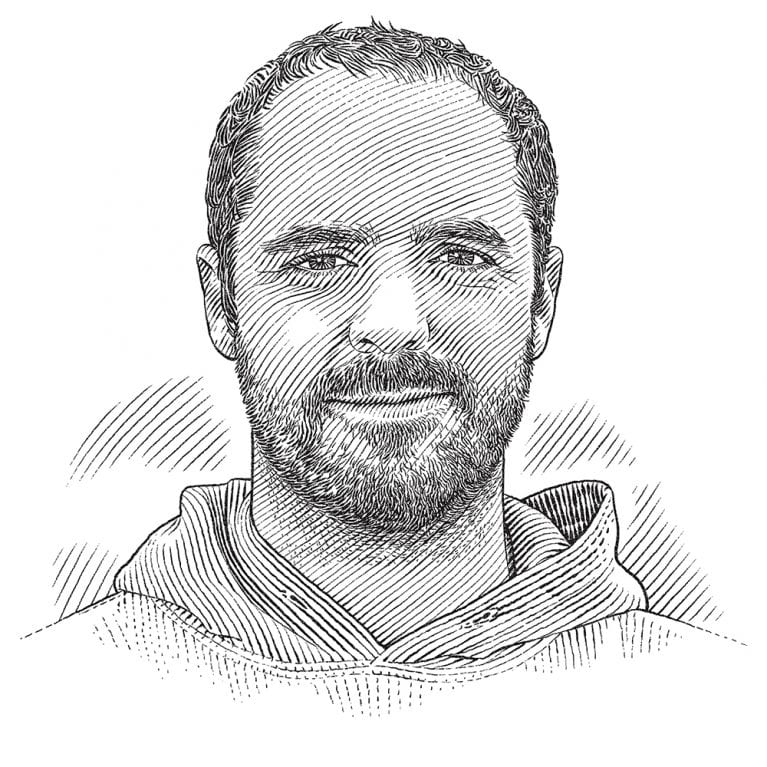Diego Cardeñosa

Who I am
Since the age of three I have been in love with the ocean. I know that sounds odd, since it is highly unlikely that I would remember that, but there are actually many drawings that can prove it. I also remember my parents telling me stories about their numerous encounters with sharks and other mind-blowing ocean creatures while diving. I soon realised that I wanted to become a biologist, whereas most of my friends wanted to become policemen or firemen.
At the end of my undergraduate studies, my long-lasting passion for the ocean drove me to embark on challenging experiences that would build on the dream of who I wanted to become. Currently I am finishing my PhD on the international shark trade, which involves developing different molecular and wildlife forensics tools to enhance law enforcement and policy at all governance levels.
Where I work
In my current work I study shark fin retail markets in major trade hubs such as Hong Kong and Mainland China, focusing on shark species listed under the Convention on International Trade in Endangered Species of Wild Flora and Fauna (CITES). CITES is an international agreement that controls trade in threatened species. Currently 12 shark species are listed on CITES Appendix II, which means that Parties to CITES must certify that traded specimens of these species were legally caught and are traceable through the supply chain, and that their extraction is not detrimental to the species’ survival.
My recent work with CITES species made me realise that most of them come from developing countries with low enforcement capacity and where little fisheries data have been collected, which hampers management and conservation measures. How can we expect developing countries to make informed international policy decisions if they lack the data to support such decisions?
Usually, the concerns of international conservation stakeholders focus on the long-term survival of a species, whereas developing nations are more concerned about the livelihood of their communities and how their decisions may negatively affect them. Right in the middle of that dilemma is where scientists can play a significant role.
What I do
During a recent CITES meeting, a representative from Guyana, a small country on the east coast of South America, asked me, ‘Diego, how can I vote in favour of shark listings if I don’t know how they would affect the communities in my country?’ After a short conversation, it became clear that even basic fisheries data, such as species composition, were lacking. As a consequence, Guyana has reservations about shark or ray CITES listings and is formally treated as a non-Party with respect to trade in these species. Having expressed the necessity to gather data to make informed decisions about shark and rays in CITES, Guyana presents an ideal scenario where basic fisheries information could promote shark and ray conservation in a developing and data-poor nation and have a positive impact on international policy.
People usually picture science as being carried out by pale individuals in white coats and wearing safety glasses who mix colourful liquids in funny-looking jars. Although this might be true in some cases, conservation biology commonly uses a holistic approach, tackling and addressing issues from different disciplines such as basic science, field-based studies and the social sciences. This project will assess for the first time the dependence of local communities on Guyana’s artisanal elasmobranch fishery and establish a long-term fishery monitoring programme to provide the Guyanese government with quantitative information about the composition and status of the nation’s fishery. The results have the potential to create real, tangible change at local, national and international governance levels.
